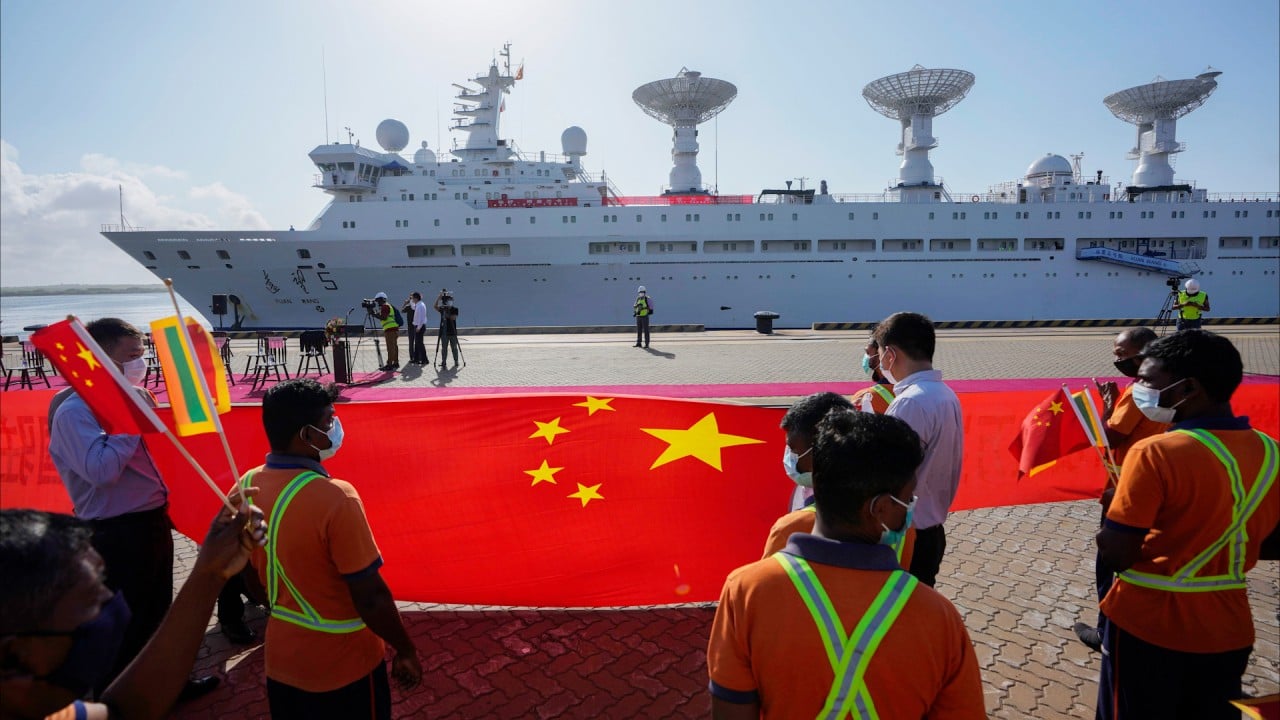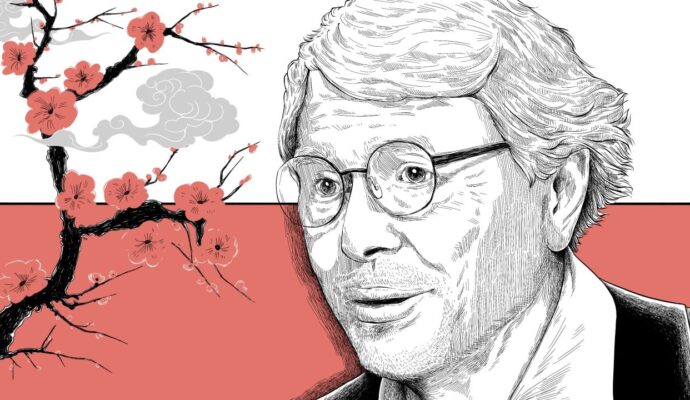Officials from China and the Arab world said on Thursday that they expect a steady – and possibly dramatic – increase in trade over the coming years, as the Middle East develops and Beijing gets more involved there amid tense relations with its Western trading partners.
The value of overall trade between China and Arab states reached US$431.4 billion last year, up from US$222.4 billion a decade ago, according to Xinhua.
China’s trade with just the United Arab Emirates (UAE) – home of the booming commercial hubs of Dubai and Abu Dhabi – should exceed US$200 billion by 2030, said Zhang Liming, China’s special ambassador to the Persian Gulf country. That figure was just US$75.6 billion in 2021.
Energy, travel and industrial supply chains are supporting growth in trade, Zhang explained.
Trade growth would reflect China’s diplomatic forays into the Middle East at a time when the US has edgy relations with both Beijing and some Arab states, said Naubahar Sharif, head of the Division of Public Policy at the Hong Kong University of Science and Technology.
Advertisement
“I think China sees that as a ripe field to enter to help mend ties and not drive a wedge but play a deeper, more active and more participatory role,” Sharif said. “It’s hard to say whether trade comes first or politics comes first.”
Arab countries, for their part, are trying to diversify away from their historic economic staple, oil, into investible fields such as solar power, Sharif said. Beijing’s 10-year-old Belt and Road Initiative, which aims to link economies into a China-centred trading network, promotes investments in energy, transport and logistics.
Can China’s yuan energy deals erode the power of the US petrodollar?
Can China’s yuan energy deals erode the power of the US petrodollar?
About 6,000 Chinese businesses operate in the UAE, where a “sizeable” Chinese population already works in infrastructure and energy, professional services firm Dezan Shira & Associates said in a 2022 online briefing.
Advertisement
Chinese companies such as power-generation firm Shanghai Electric, and the state-owned electric utility known as the State Grid, are investing in Middle East solar projects, according to Sharif.
And Chen said at the forum that China was looking to the region now for more investments in “green development”.
Advertisement
Abu Dhabi is growing its markets for transport, technology and healthcare, said Ahmed Helal Al Blooshi, an executive director with the Abu Dhabi Department of Economic Development. Speaking at the forum, he said Chinese investors would find chances to expand in the city.
“There are many areas where China has expanded its presence in our country that will benefit both economies,” he said. “Where China succeeds, so does Abu Dhabi.”
Advertisement



